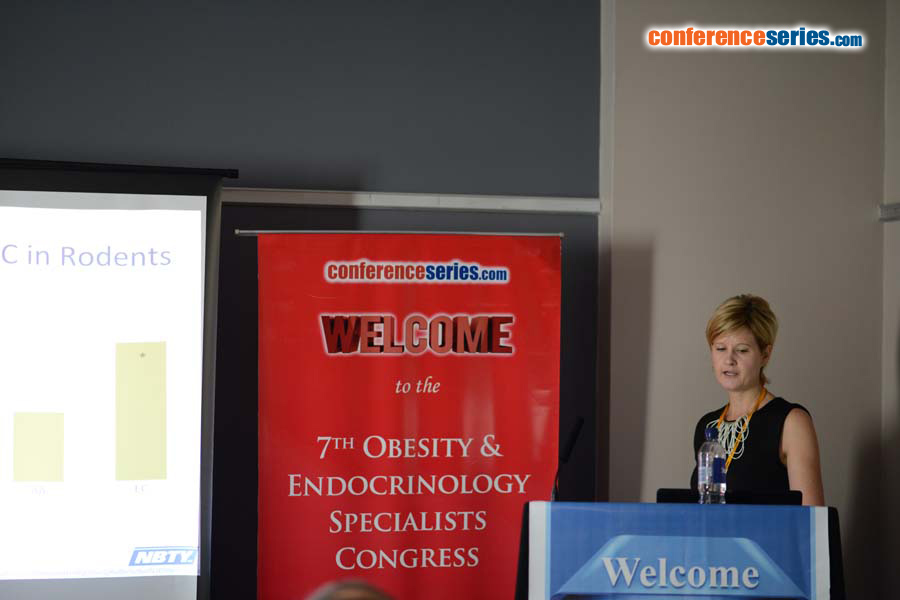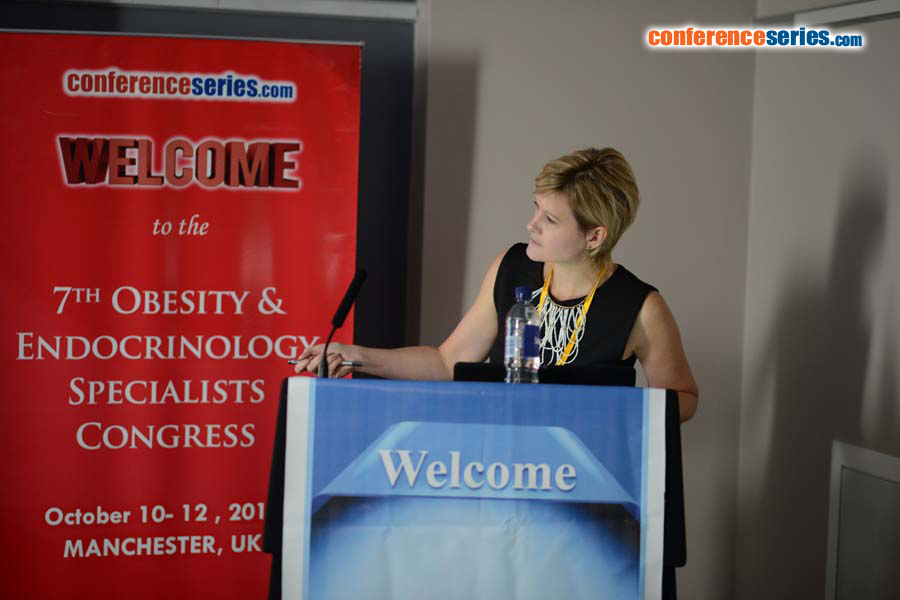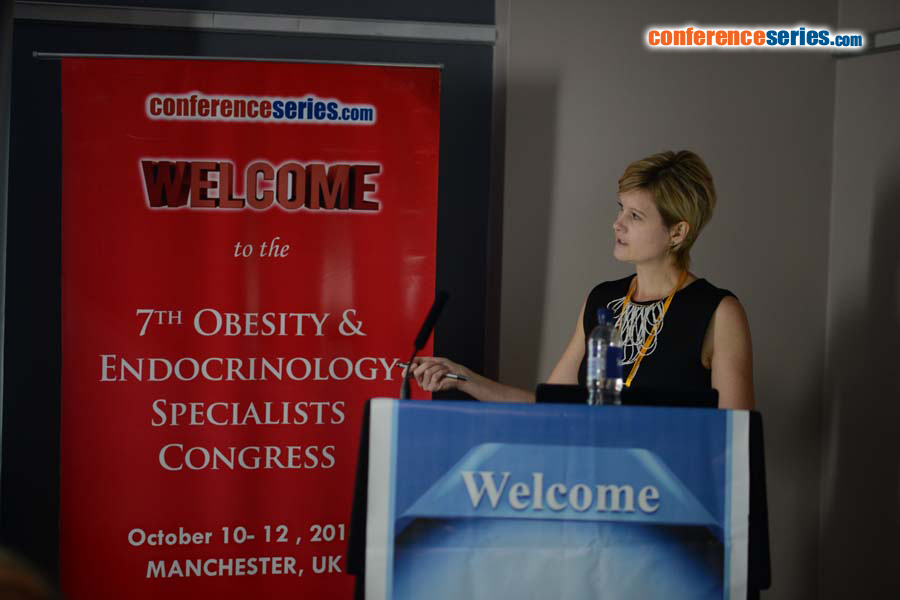
Susan Hazels Mitmesser
Stony Brook University, USA
Title: Determination of plasma and leukocyte vitamin C concentrations in a randomized, double-blind, placebo-controlled trial with Ester-C®
Biography
Biography: Susan Hazels Mitmesser
Abstract
Rapid uptake of vitamin C into blood and retention in tissues are important indicators of the efficacy of vitamin C supplementation and its immune-supporting role. This double-blind, placebo-controlled, crossover study evaluated the bioavailability of vitamin C in plasma (reflective of recent intake) and leukocytes (reflective of tissue stores on immune function) from a novel vitamin C formulation, Ester-C®. Thirty-six adults were randomized to receive placebo (PL, 0 mg vitamin C), ascorbic acid (AA, 1000 mg vitamin C), and Ester-C® (EC, 1000 mg vitamin C). Plasma and leukocyte vitamin C were measured predose and at 2, 4, 8 and 24 hours postdose. The concentration and percent change from baseline in plasma were significantly higher with EC at all time points when compared to PL. No significant differences between EC and AA were observed in plasma concentration. Plasma area under the curve (AUC0-24h) was higher for EC (P<0.001) compared to PL. The concentration change from baseline in leukocyte vitamin C was increased with EC at 24 h post-dose (P=0.036) while no significant within-group changes were observed in AA or PL at any time point. The percent change in leukocyte vitamin C concentration was higher for EC at 8 and 24 hours compared to AA (P=0.028 and P=0.034, respectively) and PL (P=0.042 and P=0.036, respectively). It is concluded that a single dose of EC resulted in favorable percent change in leukocyte vitamin C concentration compared to AA and PL, indicating EC is retained longer within leukocytes.





